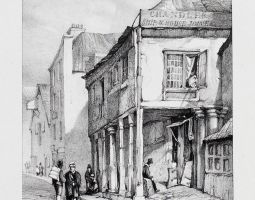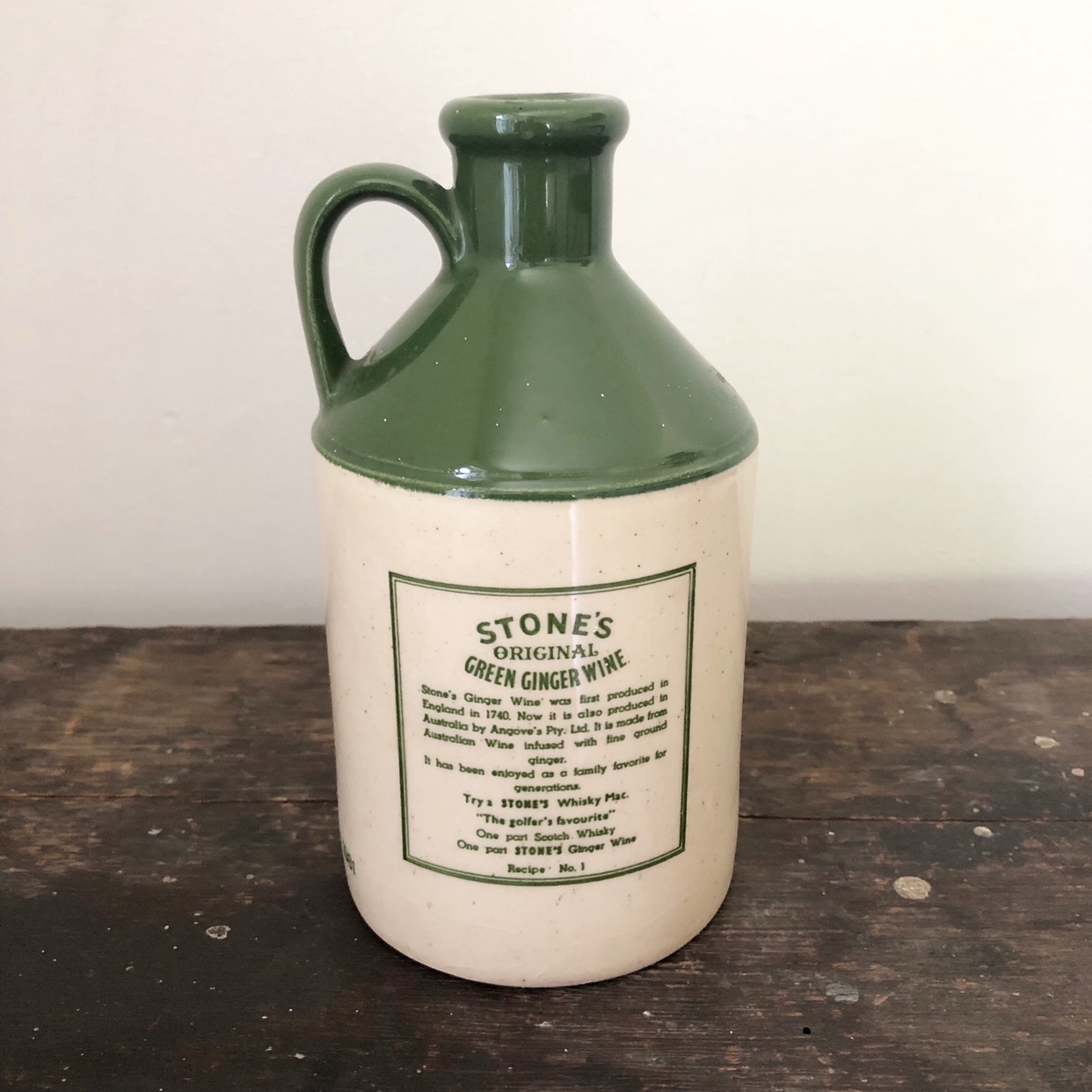
by Robert Hancock (1796)
Some think that the Notebooks are Samuel Taylor Coleridge’s masterwork. In them he would jot any thoughts that occurred to his omnivorous, lightning-fast mind, wherever he was. Snatches of poetry, quotations from other writers, jokes, lists of works he would write (most remained unwritten), apothegms, descriptions of landscapes, recollections, fragments of philosophy, memos to himself – all of them and more jostle together in the seventy or so individual volumes held in the British Library and other libraries across the world.
Reading the Notebooks, even in a selection, brings you face to face with someone who reacted to almost everything he observed with a freshness of feeling and a piercing, unusual intellect.
One of Coleridge’s interests – it has been rather overshadowed in popular tradition by his interest in opium – was eating and drinking. In one note from 1796 he says, ‘Very fond of Vegetables, particularly Bacon and Peas. Bacon and Broad beans.’ Around 1795 he gives us his recipe for ginger wine:
Six Gallons of Water –
Twelve pounds of Sugar
Half a pound of Ginger
Eighteen Lemons.Ginger to be sliced – Lemons to be peeled – The Sugar & Water to be boiled together, & the Scum – viz – the Monarchical part [-] must go to Pot – and out of the Pot – Then put in the Ginger with the Peels of the Lemons, and let the whole be boiled together gently for half an hour – When cold, put in the Lemon juice strained &c – then let the Sum total be put in the Barrel with three spoonfuls of Yeast – let it work three Days (Sundays excepted –) and then put in a Gallon Barrel – Close up the Barrel – Nota bene – you may do it legally the habeas corpus act being suspended – let it remain a fortnight then bottle it. – The Wine not to be used even in warn weather till three Weeks after Bottling – in Winter not till after a month. –

This was the most politically active part of Coleridge’s life. Radicals influenced by revolutionary thinking in France were challenging established institutions in England. Coleridge and his Cambridge friend Robert Southey wrote a play in verse called The fall of Robespierre, and began to dream of setting up a pantisocracy or egalitarian commune in America. Coleridge was also affected by Unitarianism, which was linked with radical causes like anti-slavery and republicanism. In 1795 he gave two series of lectures in Bristol, advocating advanced political and religious ideas.
At the same time, driven by fear of the contagion of revolution, William Pitt’s government was busy suppressing discontent through propaganda, surveillance and oppressive legislation.
Coleridge infuses his ginger wine recipe with a couple of dollops of political agitation. His instruction to skim off the ‘monarchical scum’, which was to ‘go to Pot’, reflects a common demand by Tom Paine, William Godwin and other radicals that there should be no place for kings in a modern state.

In one of his Bristol lectures Coleridge deplored the British state’s constant state of war, which led to the deaths of thousands. Every war originated from ‘the Folly and Prejudice of our Monarchs and the wretched compliance of Ministers, and through them we are a bloodstained People.’ A Notebook entry reads ‘People starved into war – over an enlisting place in Bristol a quarter of Lamb and piece of Beef hung up –.’
In a letter sent from Denbigh during his tour of Wales in the summer of 1795 Coleridge recounts this story about republican sentiment in an inn in Bala:

Shortly after, into the same room, came a well-dressed clergyman and four others, among whom (the landlady whispers me) was a justice of the peace and the doctor of the parish. I was asked for a gentleman. I gave General Washington. The parson said in a low voice, “Republicans!” After which, the medical man said, “Damn toasts! I gives a sentiment: May all republicans be guillotined!” Up starts the Welsh democrat. “May all fools be gulloteen’d—and then you will be the first.” Thereon rogue, villain, traitor flew thick in each other’s faces as a hailstorm. This is nothing in Wales. They make calling one another liars, etc., necessary vent-holes to the superfluous fumes of the temper … Welsh politics could not prevail over Welsh hospitality. They all, except the parson, shook me by the hand, and said I was an open-hearted, honest-speaking fellow, though I was a bit of a democrat.

The recipe’s instruction to close up the Barrel (‘you may do it legally the habeas corpus act being suspended’), refers to Pitt’s suspension in May 1794 of the ancient right of ‘habeas corpus’. The new Act ruled that ‘whereas a traitorous and detestable conspiracy has been formed for subverting the existing laws and constitution, and for introducing the system of anarchy and confusion which has so fatally prevailed in France’, those suspected of subversion could be summarily arrested and detained without trial for the period of the Act (it lasted till July 1795). Members of the radical London Corresponding Society, including Thomas Hardy and John Thelwall (from 1796 one of Coleridge’s friends) were arrested and put on trial for treason. In one of his Bristol lectures, printed as The plot discovered: an address to the people against ministerial treason, Coleridge attacked the suspension of habeas corpus as an oppressive and reactionary measure, and the treason trials as outrageous:
… nay, if even in a friendly letter or in social conversation any should assert a Republic to be the most form of government, and endeavour by all argument to prove it so, he is guilty of High Treason … The cadaverous tranquillity of despotism will succeed the generous order and gracious indiscretions of freedom – the black moveless pestilential vapour of slavery will be inhaled at every pore.
With these extra ingredients Coleridge’s ginger wine must have gone down his friends’ throats with a revolutionary zing.

Leave a Reply